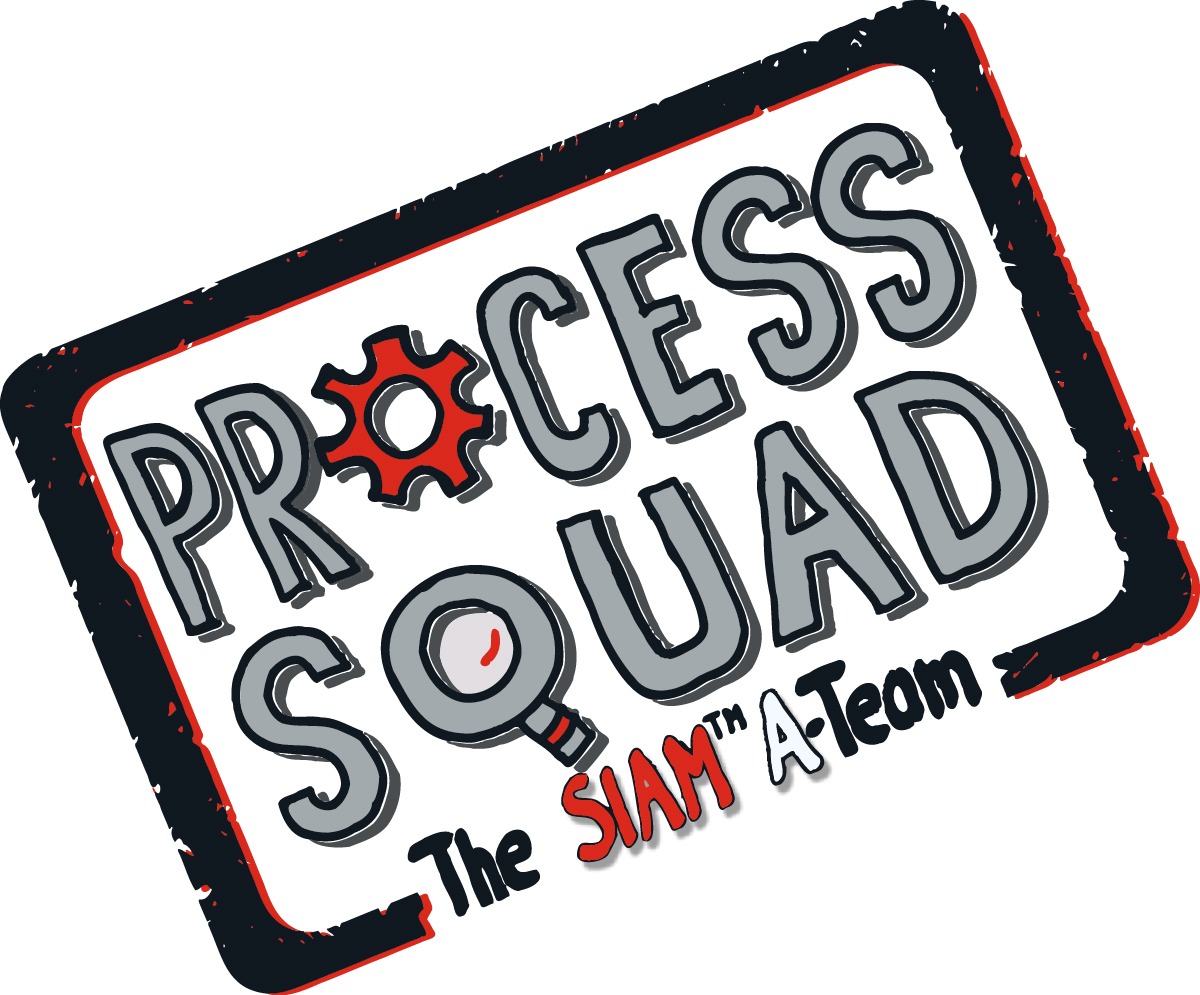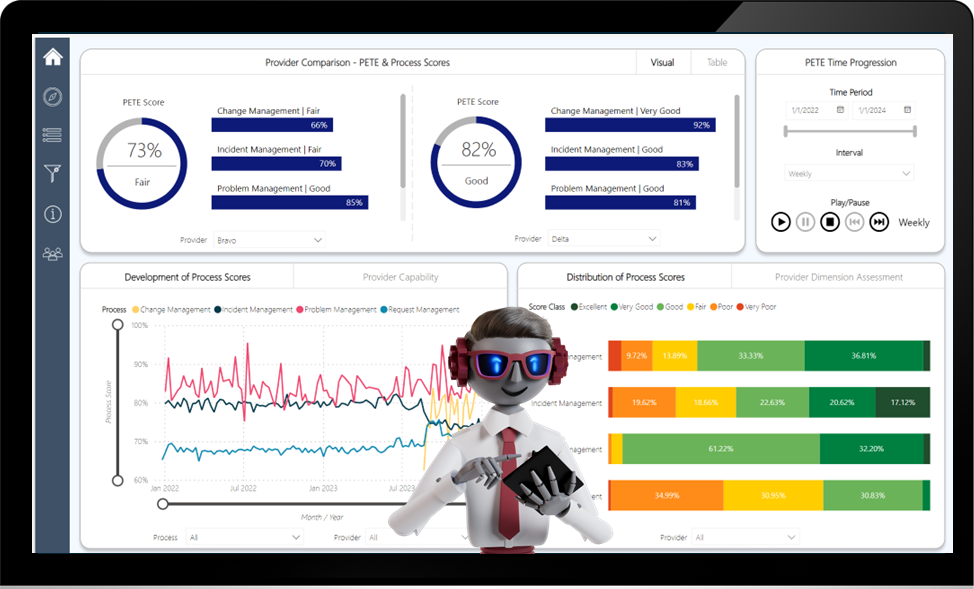
In our previous article, we delved into effective process documentation. Now, let’s explore Operational Procedures (OPMs), vital documents that provide detailed guidance on executing processes, offering practical insights for implementation.
OPMs are essential companions to processes, offering comprehensive guidance on executing steps, utilizing tools, measuring performance, and reporting, catering to all involved in the process lifecycle.
Key Distinctions: While processes outline steps, OPMs go further by detailing how each step should be executed. For example, while the process steps only mention “raise request,” the OPM would state: “raise requests through agreed channels: urgent matters must be reported by phone and other requests can also be raised via the portal <link>.”
To be comprehensive yet effective, OPMs should contain:
🎯 Objective and Scope: Detail the purpose and boundaries to achieve alignment with the audience.
🔄 Process Flow Reference: Provide context and alignment with the overall process.
💡 The “How”: Detail the steps, explaining each task and how it is performed, focusing on actors and in/outputs to reduce errors and ensure consistency.
👥 Roles and Responsibilities: Provide a clear definition of expected contributions to guide process participants and prevent duplication of efforts.
⚖️ Governance:
- Structure: Establish clear lines of authority, decision-making, and communication channels.
- Meetings: Define the purpose, frequency, participants, chair, agenda, and information sources.
- Escalations: Provide paths for timely issue resolution.
🔍 SLAs, KPIs, Monitoring: Define performance expectations, measurement, and tracking mechanisms.
📊 Reporting: Ensure transparency, accountability, and informed, data-driven decision-making by providing insights into performance trends and highlight areas for improvement.
🧰 Tool and Resource Access: Furnish links to essential resources, empowering process participants for effective performance.
📚 Additional Documentation Resources: Access to supplementary materials to support continuous learning and development.
Operational Procedure Manuals (OPMs) offer practical insights into executing process steps, detailing involved actors, references to specific steps, and task breakdowns. They clarify tools, methods, and task details, serving as go-to guides for effective execution.
Don’t hesitate to contact us by e-mail (info@process-squad.com), if you would like to receive a ready-to-use template for free. Documentation is the backbone of efficient operations, and with the right tools, you can empower your organization for success.
Photo by Beatriz Pérez Moya on Unsplash




